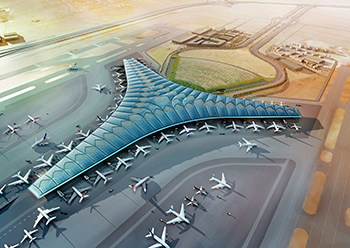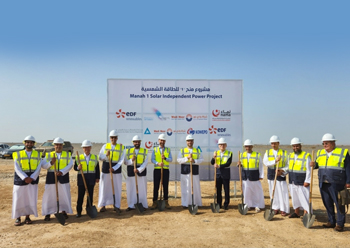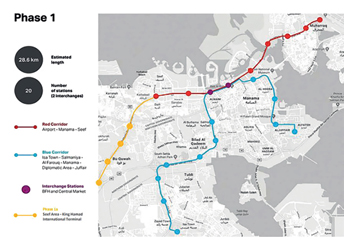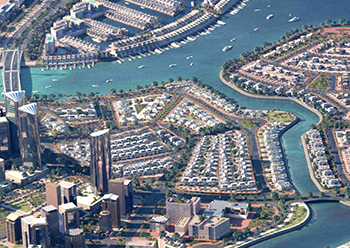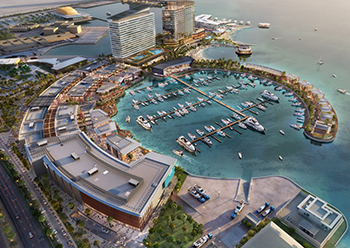
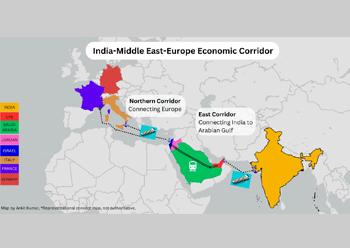 Photo: BNN Breaking
Photo: BNN Breaking
India has announced the launch of the historic Middle East-Europe economic corridor, a mega initiative involving Saudi Arabia, UAE, France, Italy, Germany and US, giving a new direction to connectivity and sustainable development of entire world, reported the Press Trust of India.
The announcement of a multimodal transport and energy corridor between India and Europe via the Middle East was made at the recent G20 summit.
The idea of ship and rail connectivity between India and the Arabian peninsula came up when National Security Adviser Ajit Doval met his US counterpart Jake Sullivan in May this year. Since then, the idea has acquired much traction a lot faster than anticipated. The presence of all the key actors in New Delhi for the G20 summit, including the European Union, Saudi Arabia, the UAE and the US, provided the opportunity to unveil the formal framework for pursuing this transformative project, reported The Indian Express.
The US President Joe Biden termed the launch of the India-Middle East-Europe Economic Corridor (IMEC) “a big deal”.
European Commission President Ursula von der Leyen too commended the Indian Prime Minister Narendra Modi for the landmark initiative.
“This is nothing but historic. It would be the most direct connection to date between India, the Arabian Gulf and Europe, with a rail link that would make the trade between India and Europe 40 per cent faster. With an electricity cable and hydrogen pipeline to foster clean energy trade between the Middle East and Europe, this corridor is much more than a railway or cable corridor. It is a green and digital bridge across continents and civilisations,” she said.
The UAE has pledged to work alongside the governments of the Kingdom of Saudi Arabia, the Member States of the European Union, the Republic of India, and the US, reported Wam.
The establishment of the corridor aims to significantly enhance connectivity and integration between participating countries and will comprise two different pathways – the East Corridor connecting India to the Arabian Gulf and the Northern Corridor connecting it to Europe.
The cross-border ship-to-rail transit corridors will reduce shipping costs across the network and facilitate trade in goods and services to, from, and between the UAE, Saudi Arabia, India, and Europe, the report added.
















.jpg)
.jpg)


.jpg)
.jpg)


.jpg)




 Doka.jpg)






























